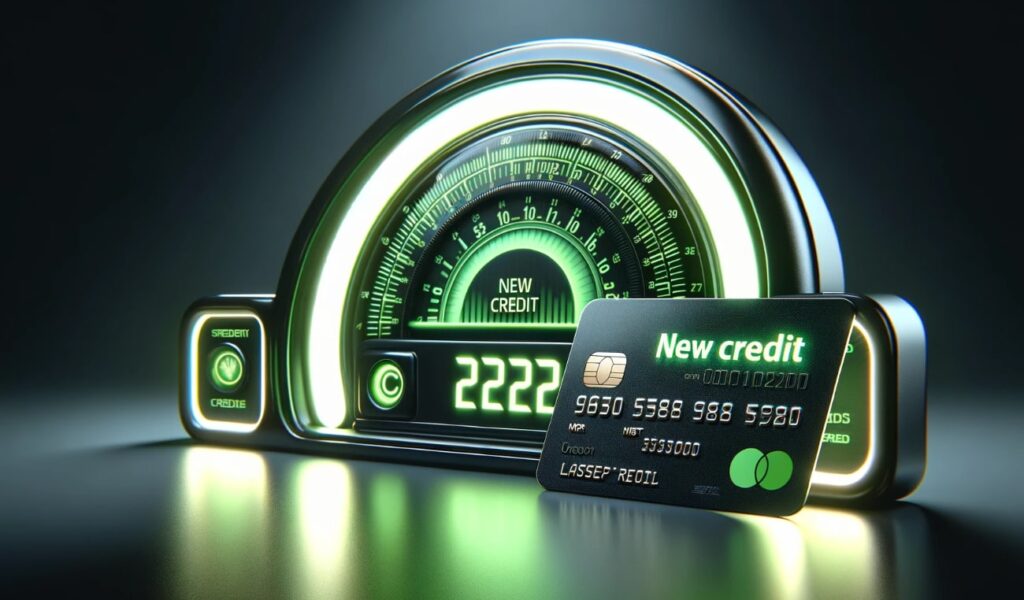Credit cards can improve your credit score in several ways, provided they are used responsibly. Understanding how credit cards affect your credit score is crucial in managing your finances and maintaining good credit health. Here’s a brief on how credit cards improve credit score;
- Building a Positive Payment History.
- Maintaining a Low Credit Utilization Ratio.
- Lengthening Your Credit History.
- Improving Credit Mix.
- Managing New Credit Responsibly.
5 ways credit cards can improve your credit score
Now let’s explore in detailed on how credit cards can positively impact your credit score
1. Building a Positive Payment History

Building a Positive Payment History is a crucial aspect of how credit cards can enhance your credit score, as it represents approximately 35% of your overall score. This factor underscores the importance of timely bill payments. Each payment you make on your credit card by the due date is a positive mark on your credit report.
These on-time payments are meticulously tracked and reported to the major credit bureaus, serving as a testament to your financial reliability and discipline. Regular, punctual payments create a strong foundation for your credit history, reflecting your commitment to managing credit effectively.
Over time, this consistent payment behavior is one of the most effective ways to elevate your credit score. It not only improves your current score but also establishes a solid credit history, which can be beneficial for future financial endeavors, such as loan approvals and lower interest rates.
2. Maintaining a Low Credit Utilization Ratio

Your credit utilization ratio, which is the amount of credit you’re using compared to your total available credit limit, accounts for nearly 30% of your credit score. Financial experts generally recommend keeping this ratio below 30%.
By using your credit card for purchases and paying off the balance regularly, you can manage your utilization effectively.
A low credit utilization ratio signals to lenders that you’re a responsible borrower who doesn’t rely too heavily on credit, positively influencing your credit score.
3. Lengthening Your Credit History

Lengthening Your Credit History plays a pivotal role in shaping your credit score, accounting for about 15% of its composition. This aspect of your score is directly influenced by how long you’ve been managing credit.
The longer your history with credit, the more favorable your score becomes. This is where credit cards become particularly beneficial.
By obtaining and using a credit card over many years, you effectively extend your credit history. Each year that you keep a credit card account open and active adds to this history, offering a clearer picture of your long-term financial behavior.
Notably, this is why financial advisors often suggest keeping your oldest credit card accounts open. These accounts, especially when they have a history of positive use, significantly contribute to the average age of your credit accounts, thereby strengthening your credit score.
In essence, a long-standing credit account can be a testament to your ability to manage credit responsibly over time, making it a critical factor in building and maintaining a robust credit profile.
4. Improving Credit Mix

Improving Credit Mix is an often-overlooked but essential aspect of building a healthy credit score, accounting for roughly 10% of the total score.
Credit scoring models, like those used by FICO and VantageScore, evaluate not just how well you manage your credit but also the diversity of your credit accounts. This concept, known as credit mix, reflects your ability to handle different types of credit responsibly.
A well-rounded credit profile typically includes a combination of revolving credit, like credit cards, and installment loans, such as auto loans, student loans, or mortgages. Adding a credit card to your portfolio, especially if you predominantly have installment loans, introduces this variety, showcasing your financial dexterity.
Responsible use of a credit card, such as regular payments and sensible spending, further demonstrates your capability to manage various credit forms effectively. This diversification strengthens your credit profile, indicating to potential lenders that you are a low-risk borrower across different credit scenarios.
Ultimately, a diverse credit mix, underpinned by responsible credit behavior, can positively influence your overall creditworthiness and enhance your credit score.
5. Managing New Credit

Managing New Credit effectively is an important aspect of your overall credit score, accounting for about 10% of it. This part of your score assesses how you handle new credit accounts and inquiries.
When you apply for a new credit card, a hard inquiry is made on your credit report. This can cause a small, but temporary dip in your credit score. However, this initial impact should not be a cause for significant concern.
The key to positively influencing your credit score in the long term lies in how you manage this new credit. By using your new credit card responsibly and ensuring timely payments, you demonstrate good credit management. This responsible use can gradually improve your credit score.
However, it’s crucial to be judicious when opening new accounts. Applying for several credit cards or loans in a short period can be perceived as a risk by lenders. It suggests potential financial distress or over-reliance on credit, which can negatively impact your credit score.
In summary, while opening new credit accounts is part of managing your financial profile, it should be done strategically. Balancing the benefits of new credit against potential risks is key to maintaining a healthy credit score.
Bottom-Line
In summary, how credit cards improve your credit score revolves around responsible usage, timely payments, maintaining a low credit utilization ratio, building a long credit history, diversifying your credit mix, and cautiously managing new credit.
Remember, mismanagement of credit cards, such as making late payments or maxing out your credit limit, can harm your credit score. Therefore, it’s vital to use credit cards judiciously and within your financial means.
Important: Although credit cards can improve your credit score, they can also bury you in debt. Here are 5 ways to avoid getting buried in credit card debts.


